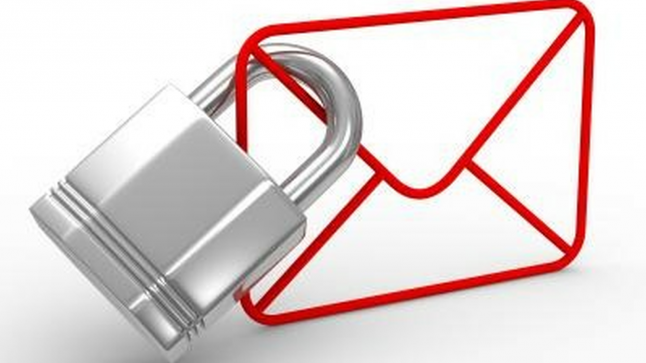The privacy of email and other electronic communications via the internet will soon be decided by the 2nd Circuit Court of Appeals in New York. The case is likely headed to the Supreme Court before we ultimately know whether the courts will uphold the key privacy of our emails and data on the internet stored on so-called “cloud” servers around the world. Regardless of how the courts decide the issue, we don’t have to wait for that ruling, and neither does Congress.
Congress can positively address this issue by enacting legislation that will afford strong protections for internet privacy. And when Congress can easily settle a question like this by enacting law on behalf of the American people, why should it not pass that law?
A bipartisan group of Washington D.C. lawmakers, including Sen. Orrin Hatch (R-UT), along with Senators Chris Coons (D-DE) and Dean Heller (R-NV) have proposed the LEADS Act (Law Enforcement Access to Data Stored Abroad) to protect internet privacy while assuring the ability to laws enforcement to legally obtain information when needed.
The need for this arose when the U.S. Department of Justice (DOJ) asserted the authority to access information stored on cloud servers in Ireland by a subsidiary of Microsoft. Of course Microsoft, and other joining parties, have vigorously opposed this violation of privacy without due process of law. Microsoft refused to abide by the request and argues that the government’s Mutual Legal Assistance Treaty (MLAT) between Ireland and the United States must be followed. So far, unsurprisingly to many legal observers who note the judiciary’s frequent refusal to reign in abuse by the Obama administration, the courts have been unwilling to stand up to the DOJ.
“Currently, the U.S. government takes the position that it can compel a technology company to turn over data stored anywhere in the world, belonging to a citizen of any country, so long as the data can be accessed in the United States,” Sen. Hatch wrote in a statement on the LEADS Act.
By allowing law enforcement access to stored data with a warrant from a court or otherwise following the process established by the laws of the country were the cloud server is located, the LEADS Act will protect both privacy rights of individuals and businesses while allowing orderly access when needed by law enforcement.
“This is a pro-business, pro-innovation bill that will protect American privacy in the digital age and promote trust in U.S. technologies worldwide,” Sen. Hatch said about the LEADS Act, “While I agree in principle with the ECPA reform bills recently introduced in the House and Senate, neither establishes a framework for how the U.S. government can access data stored abroad. As Congress works to reform our domestic privacy laws, we must modernize the legal framework for government access to digital data stored around the world. This bill recognizes that these two issues are inextricably linked.”
Congress can make all the difference in the world on this issue simply by passing the LEADS Act and protecting the internet privacy rights of individuals and businesses to store their email and communications on cloud servers around the world.

